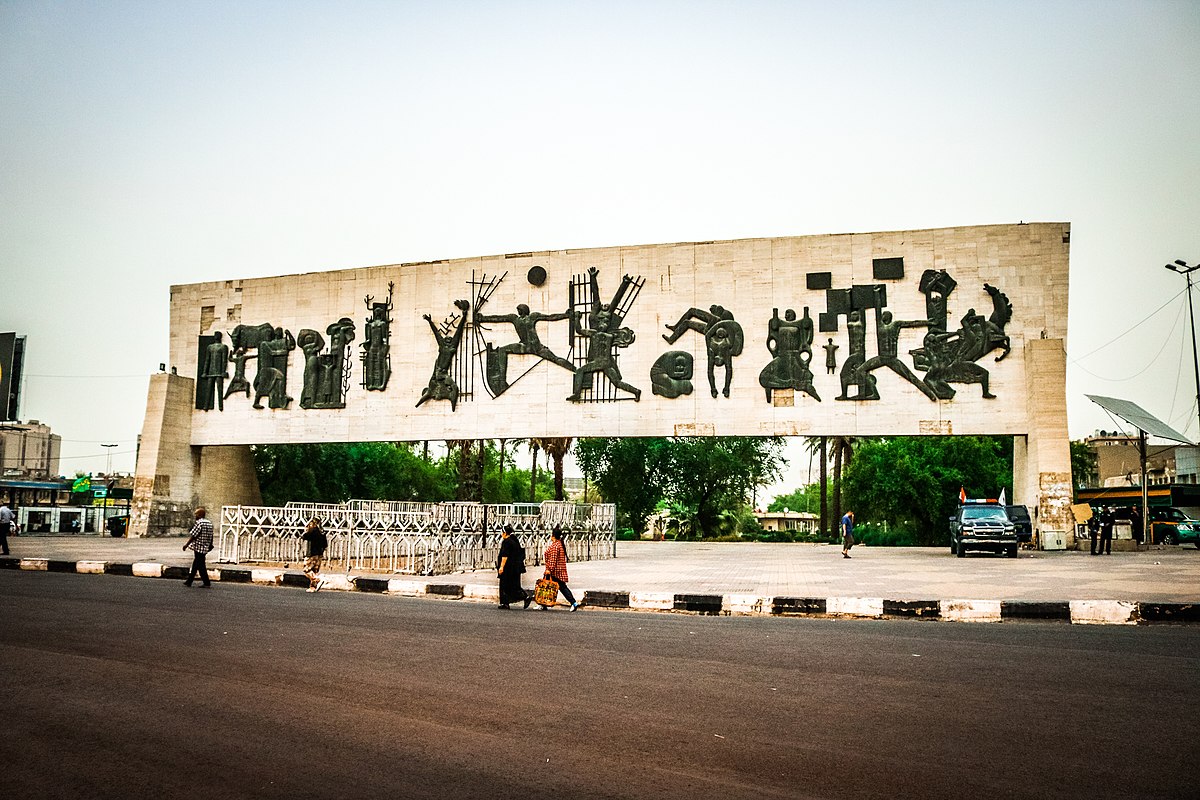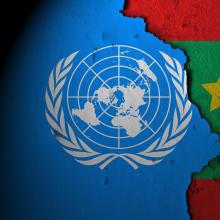June 12, 2024
In October 2024, the Sub-Committee on Accreditation (SCA) of the Global Alliance of National Human Rights Institutions (GANHRI) will assess the status of the Iraqi High Commission for Human Rights. Ahead of this review, MENA Rights Group provided a report evaluating the compliance of the IHCHR with relevant international standards in both legal and practical terms. Our report's findings are clear: the IHCHR does not play the role expected of an independent, impartial and effective national human rights institution.
The SCA accreditation is based on a “peer-review” process to assess the compliance of national human rights institutions (NHRIs) with the Paris Principles, which set minimal standards that NHRIs must abide by “in order to be considered credible and to operate effectively.” The pillars of these principles are pluralism, independence and effectiveness. NHRIs must be independent from the government, represent and cooperate with civil society, and effectively promote human rights by monitoring violations and addressing them. A review takes place, where NHRIs are granted “A” or “B” status, marking their compliance or lack thereof, respectively, with the Paris Principles.
In February 2021, MENA Rights Group had already submitted an evaluation report of the IHCHR to the SCA, highlighting its numerous shortcomings, notably in the context of the October 2019 popular protests. Despite our concerns, the SCA recommended that the IHCHR be re-accredited with “A” status in June 2021.
The IHCHR’s 2021 assessment was conducted as part of the SCA’s periodic re-accreditation process, whereby NHRIs are reviewed on a five year cyclical basis. However, this year, the SCA’s October 2024 assessment of the IHCHR will take the form of a “special review”. This type of review is initiated when the circumstances of an NHRI that has been accredited with ‘A’ status is deemed to “have changed in a way that affects its compliance with the Paris Principles”.
Our new report, submitted to the SCA in June 2024, found that the IHCHR’s shortcomings have worsened since 2021.
First, the IHCHR remains ineffective; it has yet to elect a Board of Commissioners since 2021. In February 2023, a Committee of Experts, responsible for appointing the commissioners, was formed and issued a call for applications on March 30, 2023. Since then, the Committee of Experts has not yet shortlisted any candidates.
Although the IHCHR regularly communicates about events in which it participates, in the absence of appointed commissioners, the Commission is incapable of fulfilling its mandate fully, such as investigating cases, filing or supporting lawsuits, and monitoring compliance of various governmental agencies with Iraqi and international human rights law.
All the more concerning, the Iraqi Council of Ministers’ issued Decree No. 23516 in 2023, placing the IHCHR under the supervision of the Ministry of Justice. This decision was widely criticised by Iraqi activists and civil society who described it as a step towards further paralysing and marginalising the IHCHR.
By placing the IHCHR under the control of the Iraqi government, this decree will have negative repercussions on the IHCHR’s ability to conduct investigations into potential human rights violations occurring under the Ministry of Justice’s purview (e.g., prison conditions, torture, due process violations, etc.), and any such investigations may be censored or suppressed from publication.
In addition, the process of appointing commissioners remains under the control of the main Iraqi political parties.
The Committee of Experts, in charge of the nominating the IHCHR’s commissioners, is composed almost entirely of representatives of the main Iraqi political parties that make up Iraq’s Council of Representatives. Some of them have ties with the Popular Mobilisation Units (PMU), an umbrella organisation composed of various militias that have been accused of committing serious human rights violations in the context of the war against Islamic State of Iraq and the Levant (ISIL) as well as during the 2019–2021 Iraqi protests.
The Committee of Experts includes only one civil society representative, and he is little known among established local civil society organisations. In fact, Iraqi civil society had already highlighted the excessive influence of political parties and the inadequate representation of civil society on the Committee of Experts in 2017.
Although members and staff of an NHRI are protected from both criminal and civil liability for acts undertaken in good faith in their official capacity, in August 2021, the Federal Supreme Court (FSC) of Iraq issued a decision at the behest of the Council of Ministers that removed the IHCHR’s immunity from prosecution. This is all the more preoccupying as one the IHCHR’s former commissioner, Ali Al Bayati, faced legal actions for comments he made about documenting claims of torture as part of his work in early 2022.
On March 18, 2022, the GANHRI and the Asia Pacific Forum (APF) of NHRIs issued a joint statement declaring that this development “appears to be an attack on the IHCHR by seeking to silence one of its commissioners, who has taken a strong public position investigating into, documenting and speaking out against torture in Iraq.”
In our report to the SCA, we considered that the conditions had not been met for the IHCHR to be re-accredited with “A” status, as was the case in June 2021. To remedy the shortcomings identified in our contribution, we have drawn up a list of concrete recommendations aimed at strengthening the IHCHR in accordance with the Paris Principles.
As a priority, we believe that the selection process currently in force needs to be reviewed to ensure greater representation of civil society within the Committee of Experts. The decree placing the Iraqi NHRI under the supervision of the Ministry of Justice should be repealed, and IHCHR members should be appointed without further delays so that the commission can carry out its mandate fully and effectively.







